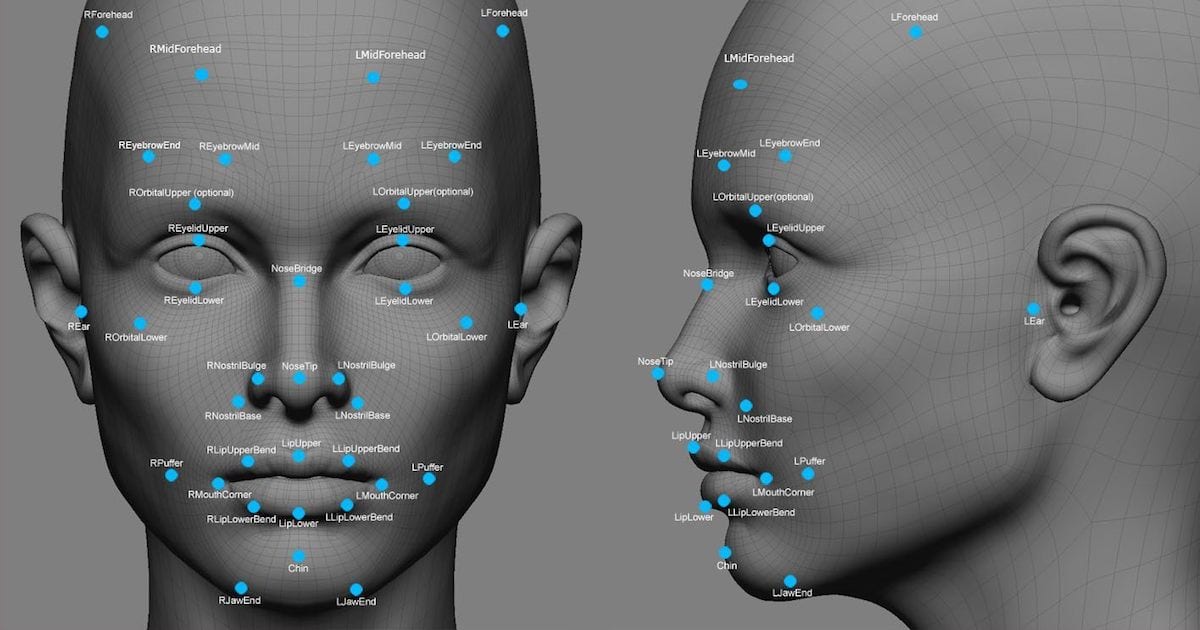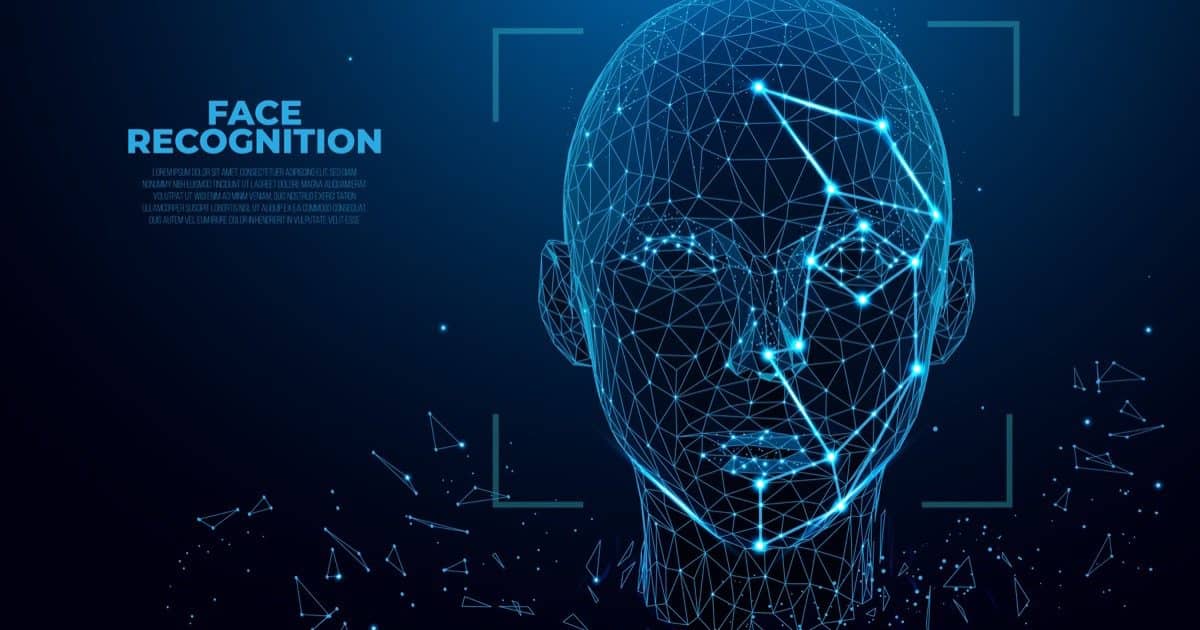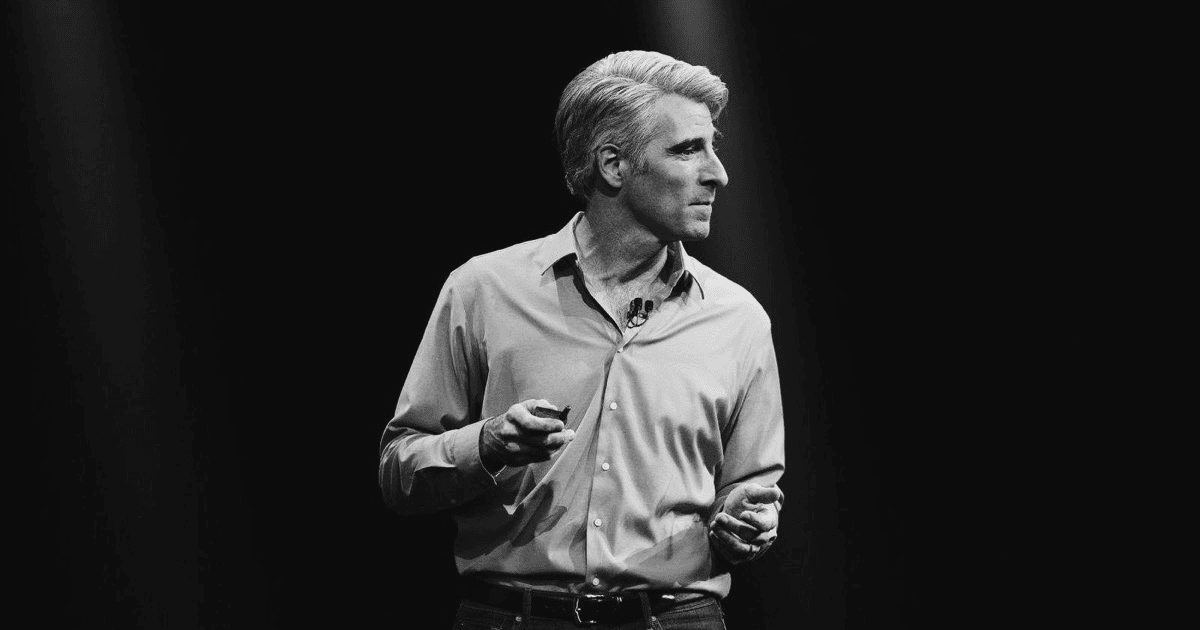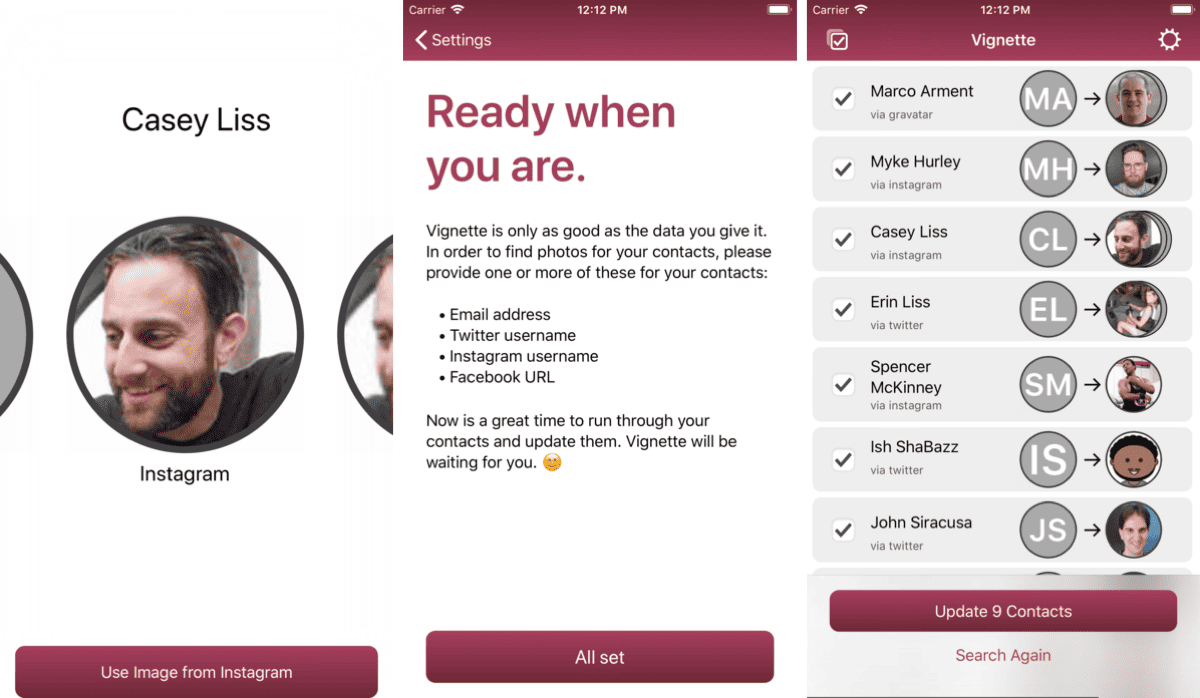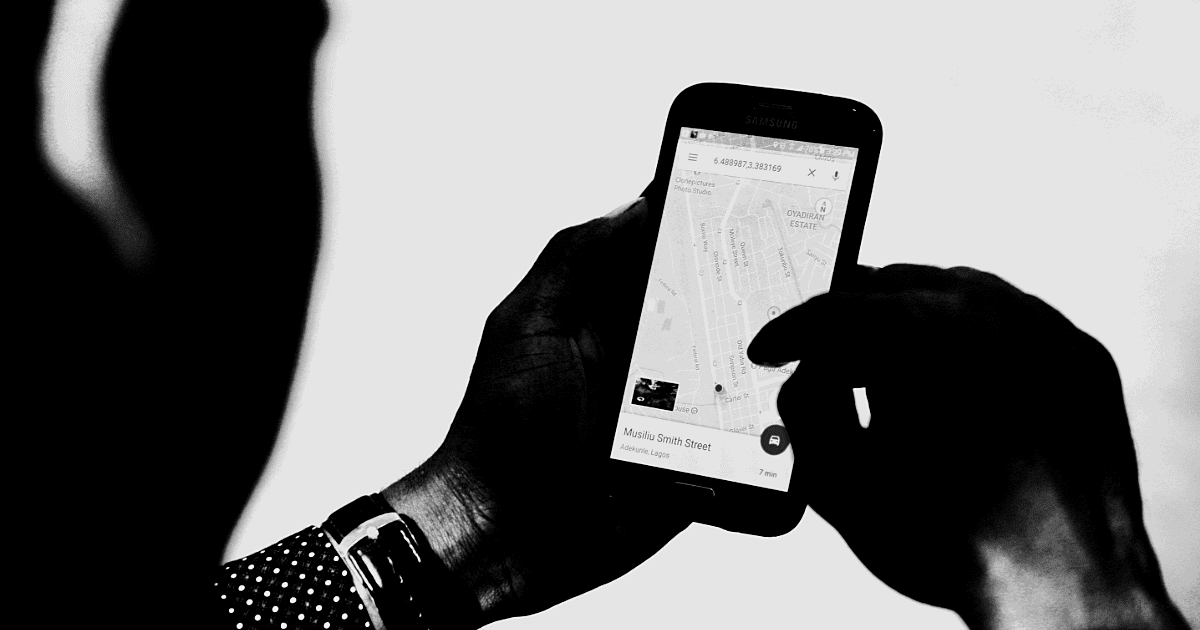Owen Williams writes how Apple wants to “kill advertising” with its newest privacy feature in iOS 13 called Sign In with Apple.
Apple is likely to win consumers over, who think these things sound evil and strange, but without these practices [of using customers’ email addresses] many of our favorite businesses and services simply couldn’t exist or practically reach customers.
I disagree. Apple is trying to kill tracking, not advertising. In Safari, Apple is adding a feature called Privacy Preserving Ad Click Attribution to reduce targeted ads, which only accounts for a small 4% in revenue anyway.


